

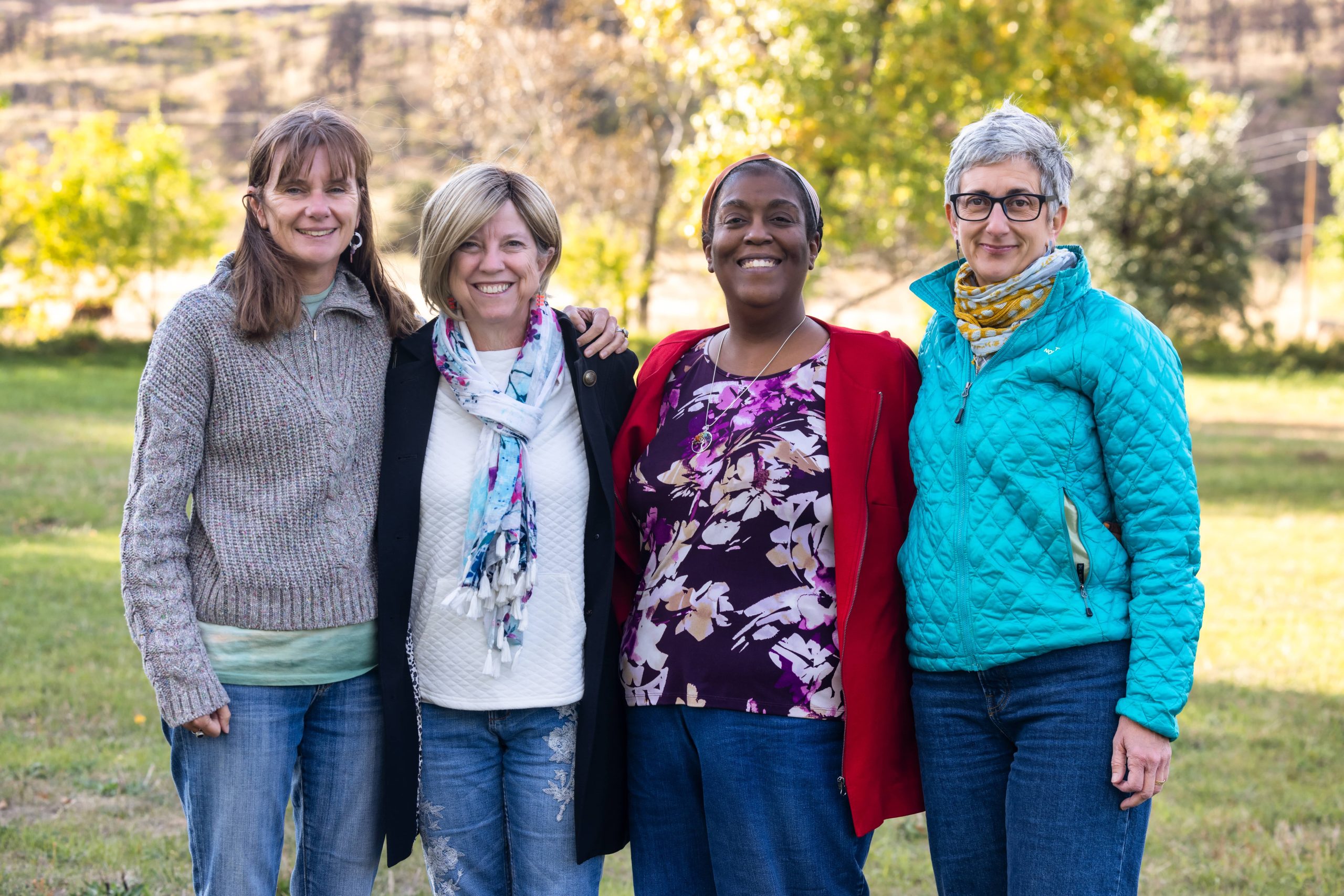
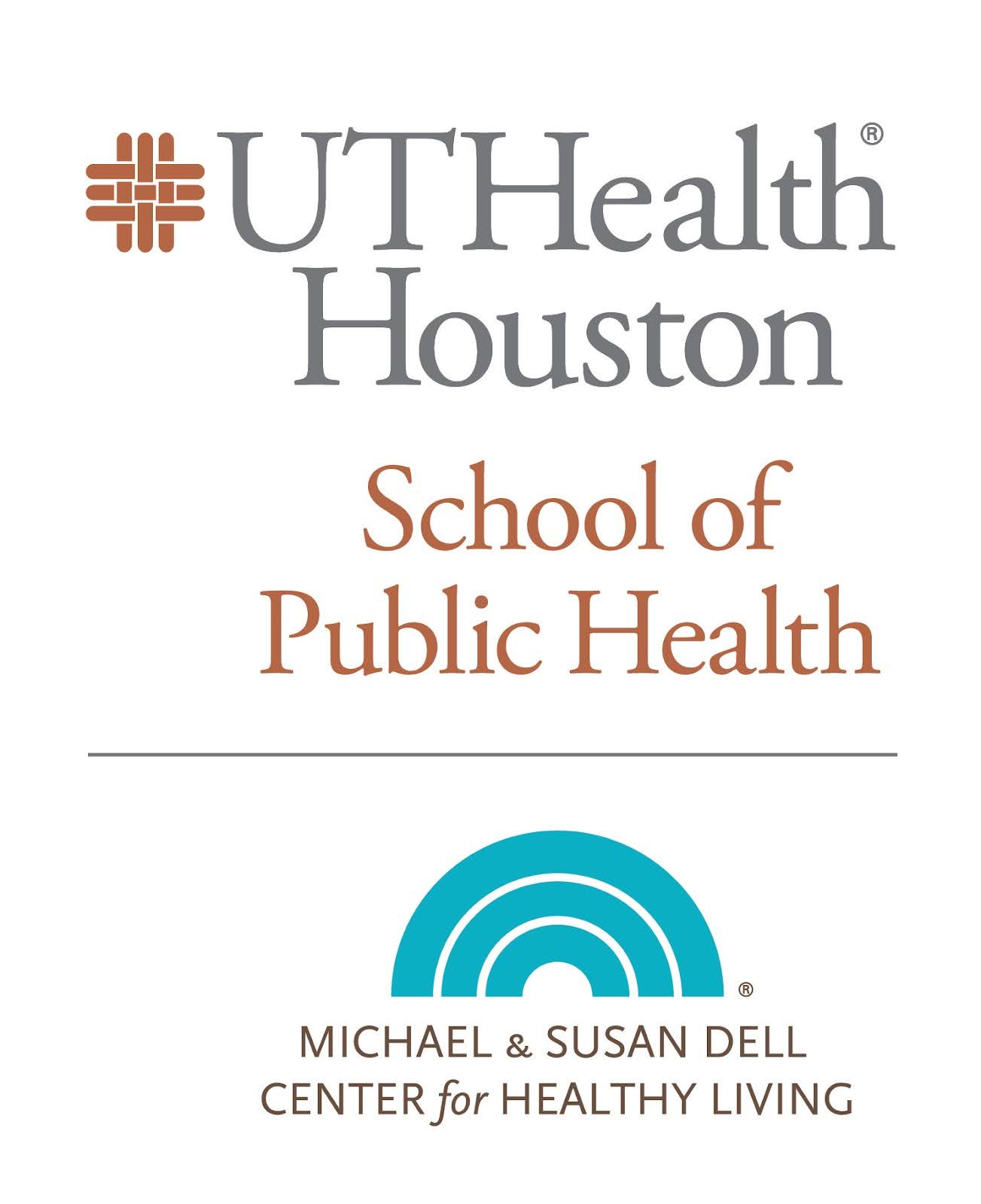
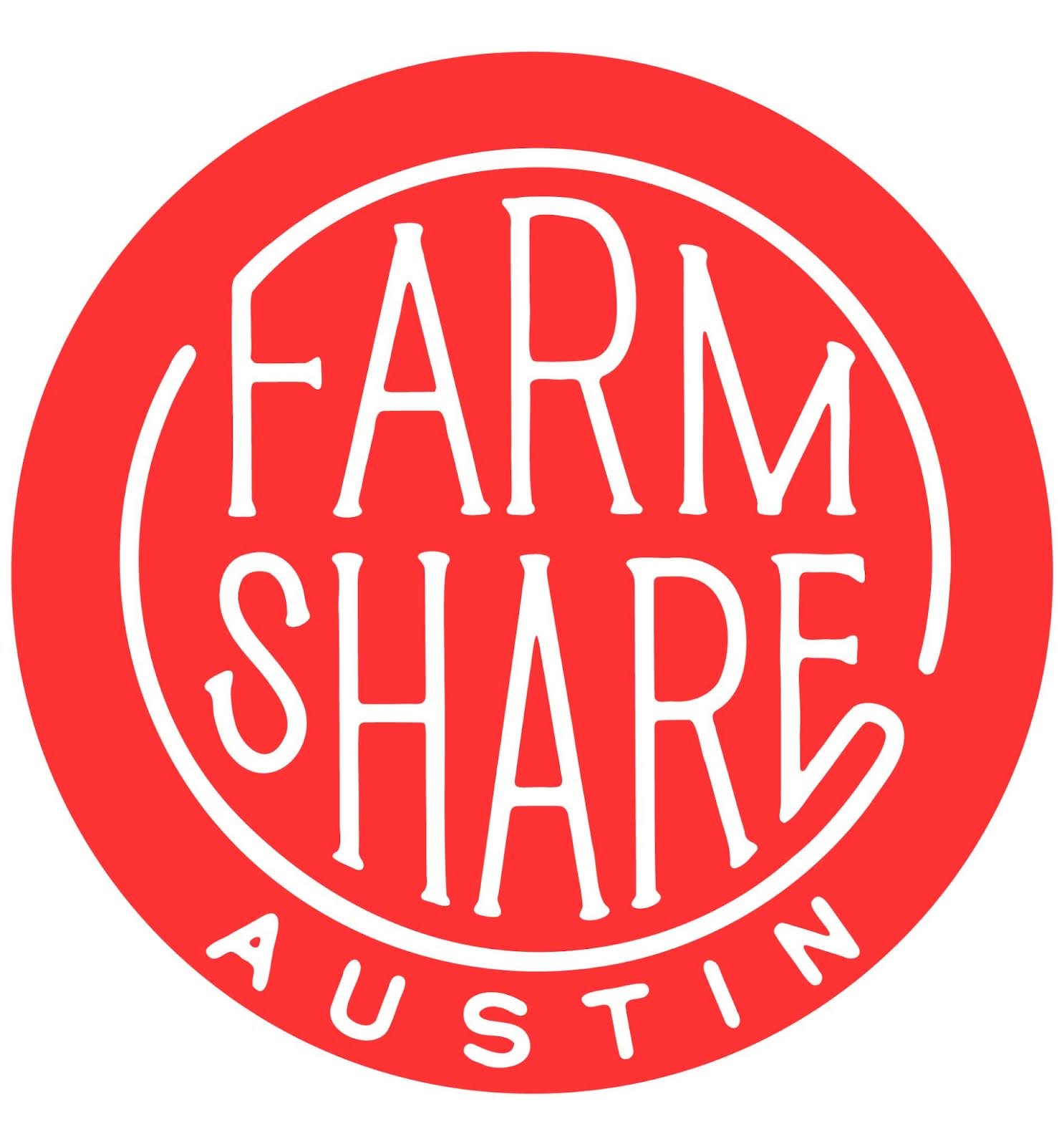
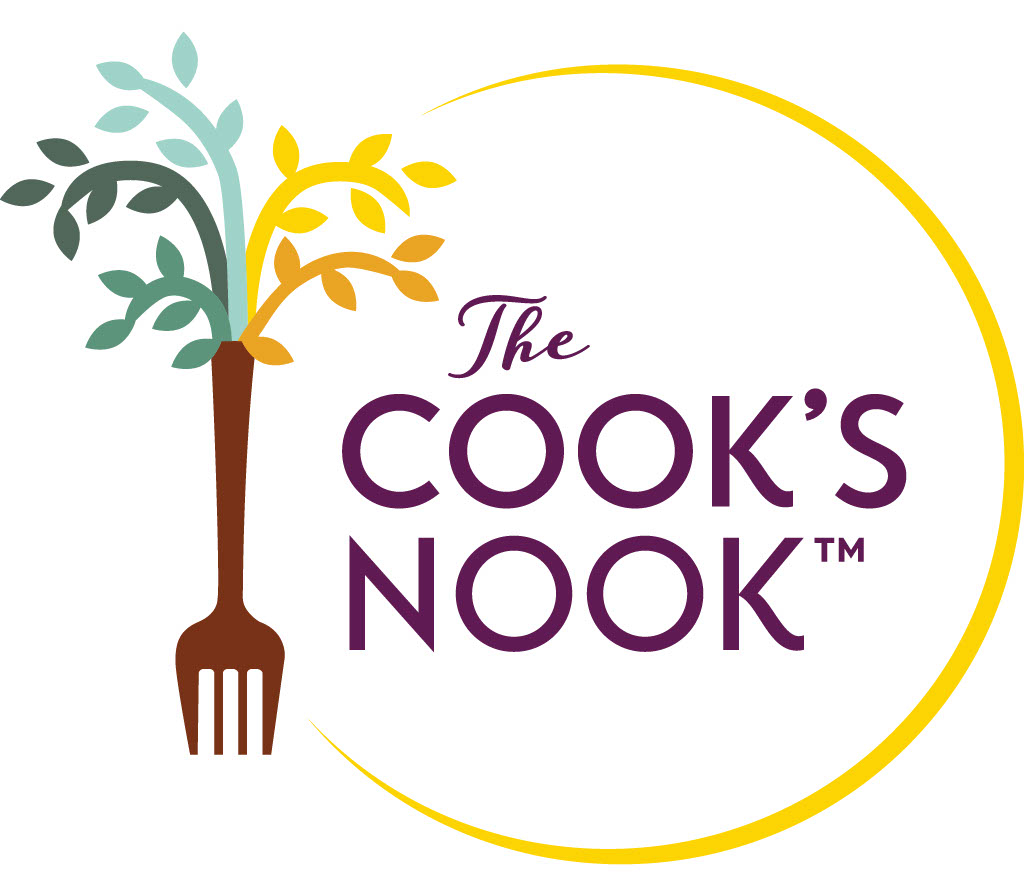
The Food is the Best Medicine (FBM) program is an 8-week intervention during which food insecure postpartum mothers receive weekly food boxes with fully prepared meals and food kits created from locally grown, organic foods, delivered to their homes. This project seeks to expand the original FBM intervention to include a social support component that teaches food preparation skills to support home cooking, assists women with accessing community food resources, and fosters a Facebook support group. The objectives of this project are to increase diet quality, specifically fruit and vegetable consumption, among food insecure, postpartum women and to test the impact and feasibility of the FBM and FBM plus social support interventions on diet quality, food security, and health outcomes of food insecure, postpartum women.

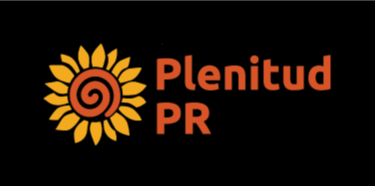
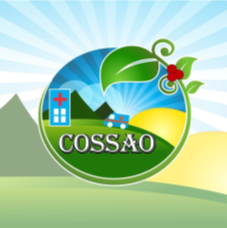
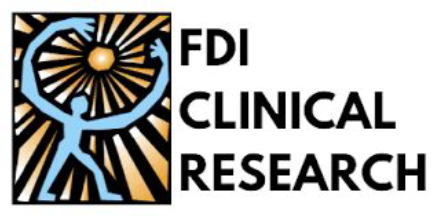
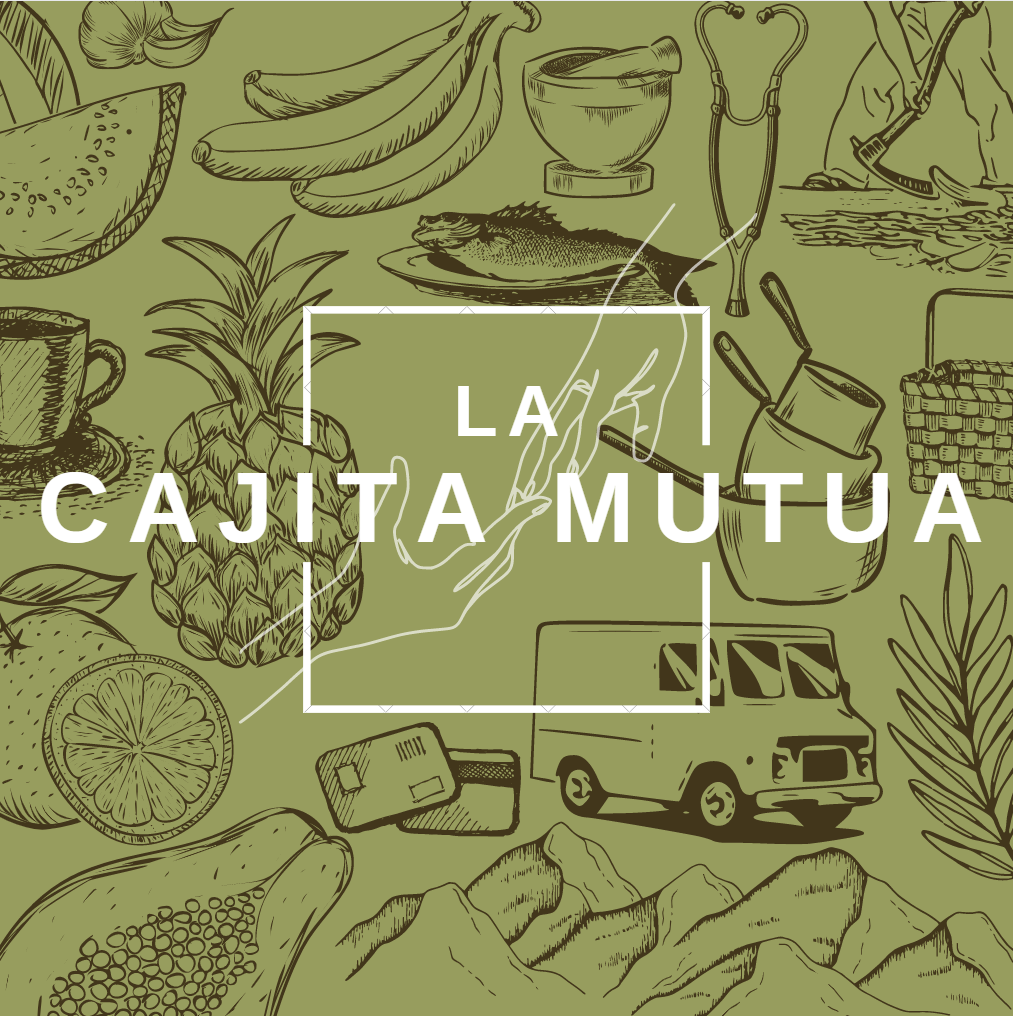
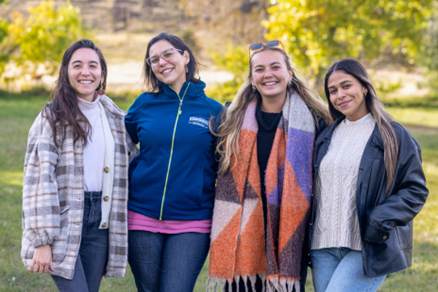
This project evaluates the impact of La Cajita Mutua (The Collective Box) Project in increasing access to local, nutritious, and sustainably-grown foods that improve food security, social connectedness, and cardiometabolic health. It examines dietary intake, cooking, food purchasing, and sustainability behaviors gained from Cajita, along with changes in attitudes and behaviors from participation in a value-centered agricultural learning experience.
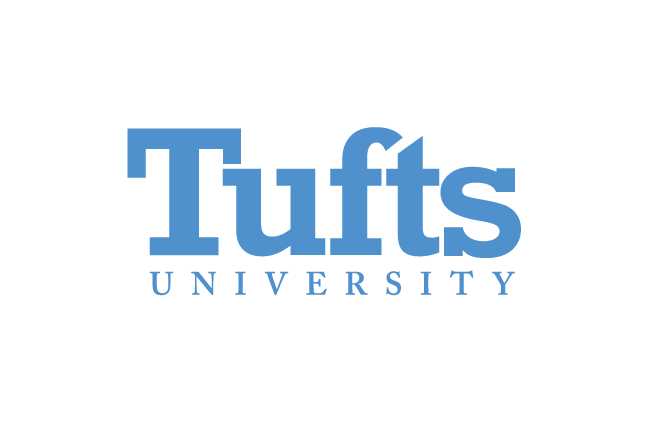
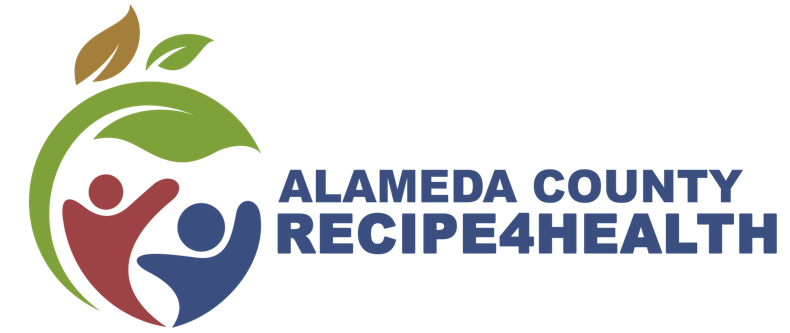
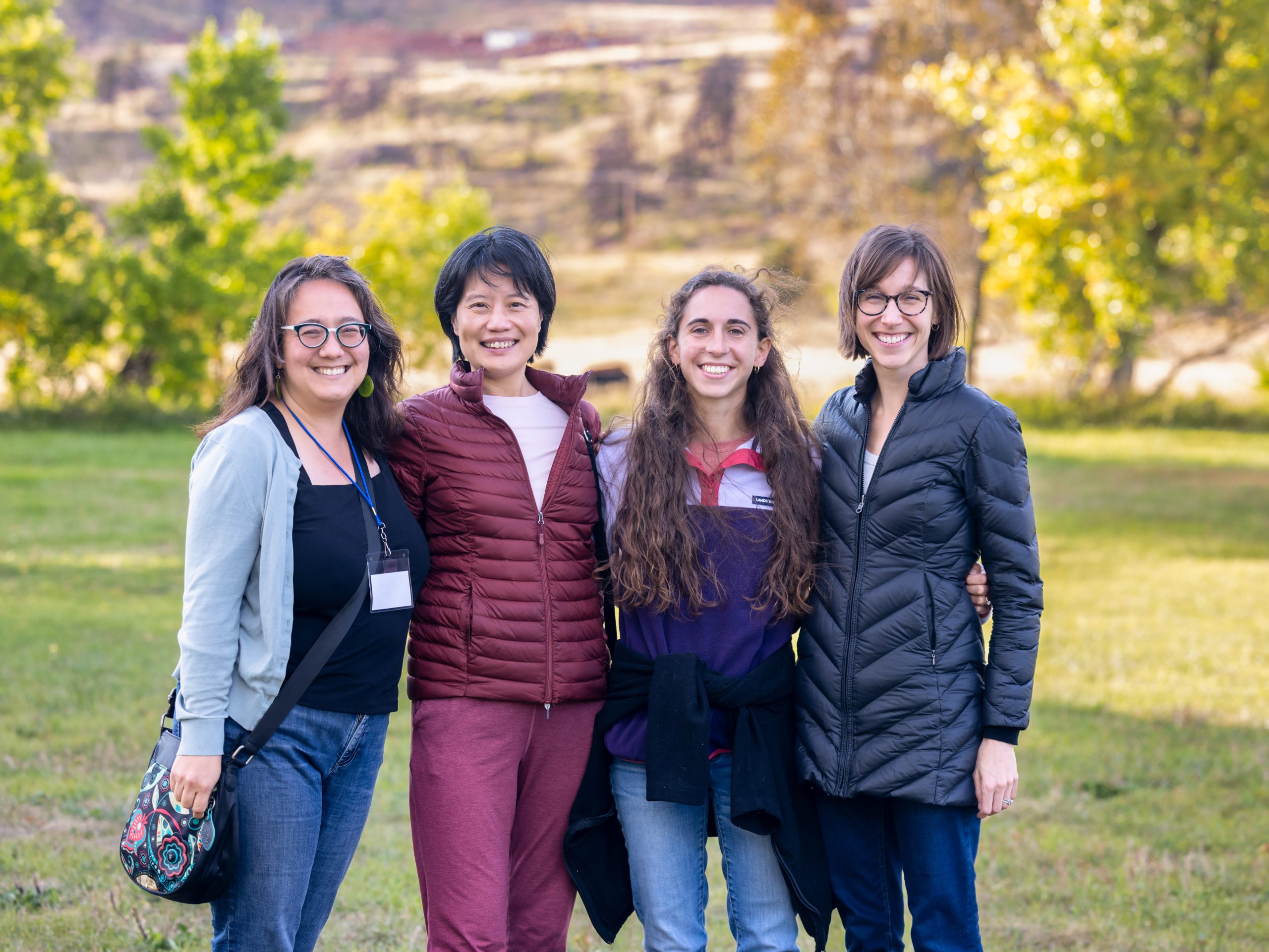
The Leading a Sustainability Transition in Nutrition Globally (LASTING) Project is led by an interdisciplinary research team at the Friedman School of Nutrition Science and Policy at Tufts University. The team is developing a model to simulate the holistic impacts of dietary changes that will be applied to a community-based Food as Medicine program, Recipe4Health (R4H). R4H works to improve health outcomes among low-income populations in Alameda County by increasing access to healthy foods, nutrition education, and behavioral health strategies while simultaneously sourcing from regenerative, organic farms.

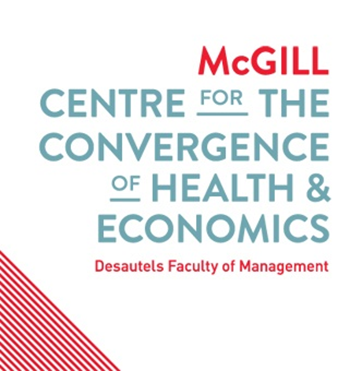
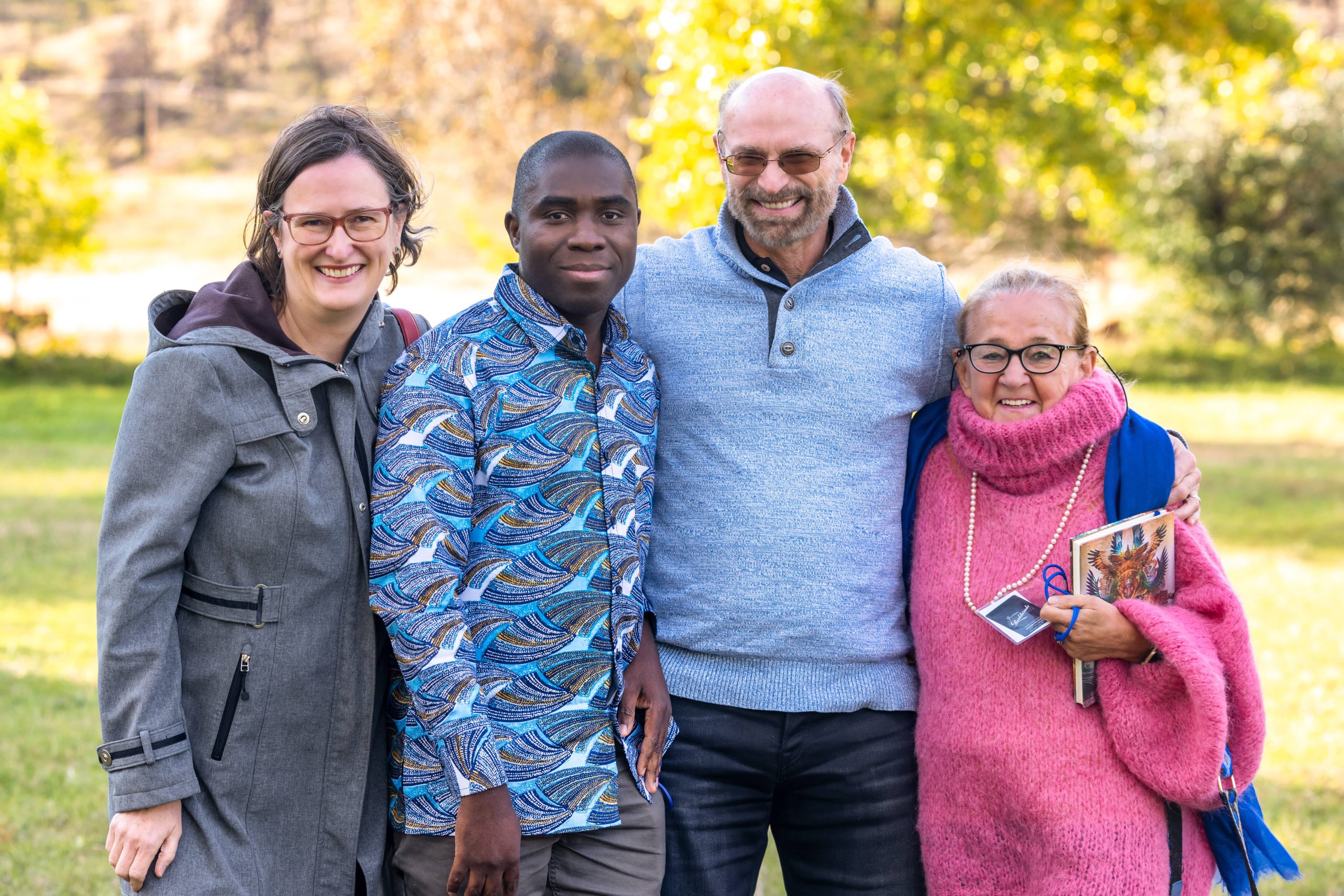
The McGill pilot study focuses on upgrading the current version of DISH and answering two research questions: (a) how can engaging gamified interventions on DISH can propel dietary shifts. and (b) how can effective interventions before mealtime decisions propel dietary shifts? It aims to test the mode of delivery, features, and the impact of DISH’s modules on people from different sociodemographic backgrounds and explore student views of the environmental impact of dietary patterns and awareness of the link between climate change and food choices while gauging their opinions about their willingness to transition to a more sustainable diet.
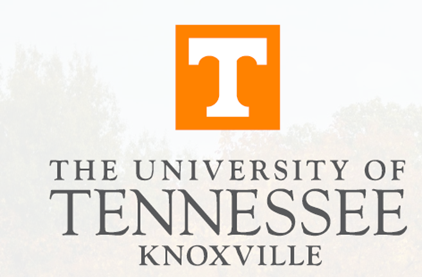

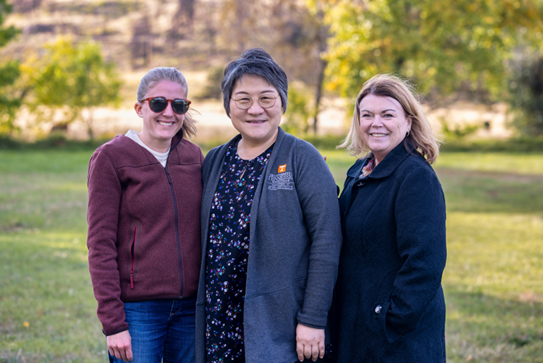
The purposes of this transdisciplinary project are to ascertain motivators of and barriers to utilizing the on-campus food upcycling program, evaluate the diet quality of users of the on-campus food upcycling program; evaluate alternative food and nutrition sources of college students; expand food access points of the on-campus food upcycling program and evaluate ability of new sites to reach additional food insecure students; and communicate lessons learned from this project with other scholars at public colleges and universities.


Leveraging a planetary health approach and rooted in an emerging academic-community partnership that includes Nanaimo Foodshare, the University of Victoria School of Public Health and Social Policy, and the University of Waterloo School of Public Health and Health Systems, this pilot study will conduct a program evaluation of and create a short documentary on the Good Food Box initiative administered by Nanaimo Foodshare. Nanaimo, a small city of approximately 80,000 people, is situated on the east coast of Vancouver Island, British Columbia, Canada on the unceded territories of the Snuneymuxw (snoo-NAI-muk) First Nation.


The purpose of the project is to facilitate urgent movement toward more sustainable food supply chains; supply chains that provide nutritionally-balanced and culturally-appropriate food while working to reduce carbon footprints, along with costs of food distribution. With a special focus on the role and position of food banks, project objectives are to assess the quantity and nutritional quality of food available in NFP supply chains; estimate greenhouse gas (GHG) emissions embodied in this food; identify opportunities for food supply chain improvement; and develop a tool to assess the nutritional composition and carbon footprint of food hampers.


Juntos en el Jardín aims to create an inclusive, culturally competent, and sustainable food gardening system in the Lincoln City area. Key objectives include prioritizing strategies to engage Latinx/a/o, Indigenous Guatemalan, and limited-income communities in all project phases; rejuvenating existing community gardening locations and creating new spaces that expand access and support sustainable environments where people can grow their own food for the most benefit and least burden on their families; providing free vegetable grow kits to benefit individuals who do not live near community garden plots; strengthening the regional community food garden network with culturally relevant support resources for existing garden spaces and their managers; and developing and supporting sustainable methods and systems to ensure this project achieves a lasting impact.


The program plans to develop, implement, and evaluate a SLO Farmers Market Navigator program in Paso Robles, California, that utilizes leaders from underserved communities who will help address the language, cultural, discriminatory, and knowledge barriers that low-income shoppers face at farmers market venues. It will utilize the expertise of the local PromotoresCollaborative to focus on outreach and access among clientele in low-income and Hispanic/Latino communities. By increasing the demand for local products at farmers markets that accept CalFresh and offer market incentives such as Market Match, the project can increase food security and promote a healthy diet for low-income individuals.

The Food Policy Center Hyperlocal Health project in Manhattan’s East Harlem will use psocial media channels, communication networks, and key stakeholder engagement to connect those in need with existing healthy food resources such as community-based organizations, hospitals, medical facilities, restaurants, store-owners and supermarkets. Additionally, Hyperlocal Health will take advantage of the evidence-based approach to using social media marketing to pinpoint and target community members most in need. The program will create a sustainable and replicable model that can be used throughout NYC and beyond, advancing health equity in communities of diverse racial, ethnic, and socioeconomic backgrounds.


Food Waste Reduction in Families tests the feasibility, acceptability and impact on household food waste and fruit and vegetable intake of a four-week food waste reduction program. The program provides 30 families with children with a Food Waste Reduction Toolkit that includes practical tips for parents and children on meal planning, food shopping and storage, along with recipes that showcase strategies to use up foods before they spoil.
Families also will participate in education and cooking sessions; receive meal planning worksheets, food shopping lists, and information on food storage; and receive text messages to reinforce food waste reduction messages addressed in the Toolkit. The results of this project will support a larger intervention in the future.
Triple Pundit: Danone wants to start a food revolution
Food in Canada: University of Guelph receives international award for food waste
Canadian Grocer: University of Guelph pilot seeks to curb food waste
Guelph Mercury Tribune: U of Guelph to run pilot project to tackle food waste concerns
CBC Radio: The Morning Edition
Guelph Today: U of G launches cookbook directed at cutting food waste
Global News 900 CHML: Health and Wellness Show.
Canadian households can lose up to $1,600 a year through avoidable food
waste.


The Perennial Health Project aims to support climate change mitigation and food sovereignty by increasing annual, year-round, energy-efficient food production in food-insecure neighborhoods in conjunction with two BIPOC (Black, Indigenous and People of Color) community-led organizations, Appetite for Change and Tamales y Bicicletas.
The project’s key activity is the construction and operation of two passive solar greenhouses that use the sun’s light and heat energy as the primary energy source, thereby reducing or eliminating reliance on combustion-based energy sources for heat and electricity and reducing the energy use and cost of production. The project is collaboratively planning, building, and analyzing the energy use, cost, and production of fresh produce from the greenhouses. Goals include expanding hyper-local food production capability, providing training opportunities for youth leaders, and providing direct access to fresh produce on a year-round basis in a cold climate and urban setting.


This project aims to expand the Good Food District (GFD) vision by reconnecting residential gardeners and farmers from the Greater Southeastern San Diego, most of whom are low-income people of color, to the broader discourses and practices of regenerative urban agriculture. The overarching goal is to assess the feasibility and benefits of creating and sustaining a community of practice for residential food growers and farmers contributing hyper-local food to the GFD, an initiative that builds on urban agriculture to achieve broader goals of food abundance, regenerative place-making, community resilience, and social equity in Greater Southeastern San Diego (GSESD). Project organizers are developing a system for recruiting and retaining residential food growers; interviewing and surveying existing and potential food growers, community members, and local customers; cultivating a community of practice among residential food growers in GSESD for mentoring and in order to increase the capacity to grow and sell their food; fostering regenerative agricultural practices and agricultural business/economic skills; and identifying local outlets for growers to sell the food they produce in GSESD.


Sustainable food systems are characterized by their contributions to human health, protection of ecosystem resources, and provision of equitable and just supply chains. Aware of the potential to shape the food system, the Boston Public Schools (BPS) Food and Nutrition Services strives to make school menus more healthful and environmentally sustainable, in part by expanding purchases from farms or manufacturers operating in New England. This pilot study facilitates transdisciplinary collaboration among schools, farmers, manufacturers, and researchers to assess the potential nutritional, environmental, and sustainability benefits of including local options on school menus. Researchers are evaluating the nutritional density and global warming potential of the current BPS lunch menu items and alternative menu items available through local farmers and manufacturers, to identify the most sustainable and nutritious options.